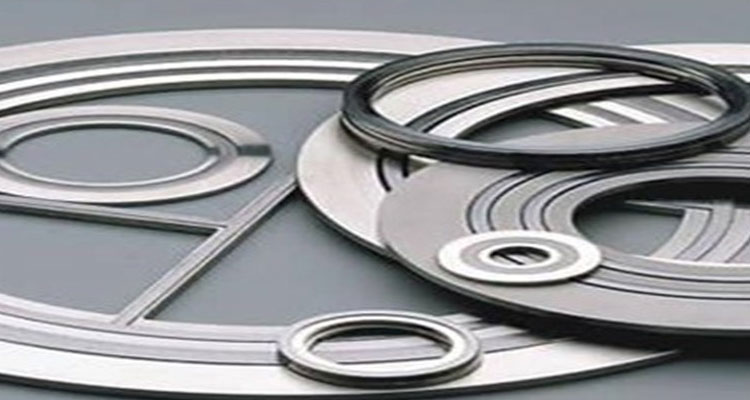How To Select The Perfect Gasket?
Gaskets are used in almost every application wherein passing of fluids or gases is involved. There are a variety of gaskets available in the market today, out of which it is imperative to choose the one that will perfectly fit your particular project. There are various factors you need to consider while buying a gasket, like those mentioned below.
Gasket manufacturer
Before you think of buying a gasket, you need to ensure that the manufacturer you are planning to buy your gasket from is reliable and experienced. The manufacturer must have all the certifications and credentials required for the manufacturing of gaskets. Trim Engineering Services is one such professional and qualified spiral wound gasket manufacturers in India. We are certified to have an audited QMS in accordance with ISO 9001:2008. Also, we are certified by the Government to be registered as an SSI unit eligible for participation in the Central Government Store Purchase Programme; and as a member of the Indian Textile Accessories & Machinery manufacturers’ Association.
Configuration and application of the gasket
Before trying to choose the proper gasket, it is imperative that you know all the details about the gasket configurations, and the environment in which it is to be used. This includes temperature, pressure, and corrosive properties of the fluid contained. This is imperative because most gasket failures are seen to occur due to uneven pressures, stress, temperature issues, corrosion, and loss of torque on securing bolts.
Material choice
It goes without saying that you must always opt for high quality materials for your gaskets so that the temperatures and pressures can be easily faced by them. The most popular materials used to manufacture gaskets include metallic, non-metallic, fibrous, and elastomeric materials. Each type has its own pros and cons which you need to consider before making your choice.
- Metallic gaskets are made from metals, and are great for high temperature and high pressure applications.
- Non-metallic gaskets can be easily compressed, and are thus used in pipe flanges, compressor valves, and heat exchangers.
- Fibrous gaskets are made from materials like glass, mica, cork, carbon fiber, MMMF, and Teflon, each having its own unique properties.
- Elastomeric gaskets are elastic, extensible, and flexible, and are made o fmaterials like rubber, neoprene, CP, EP, and IIR. They can be deformed, but can never be reduced in volume.
Chemical resistance
Whichever materials you use, make sure they are corrosion-resistant, or they will easily and quickly lose their strength and durability. The corrosive properties of the fluid involved plays a huge role in helping you make the right gasket choice. For example, NBR gaskets are fairly resistant to oil, but cannot withstand oxidizing fluids. And, Teflon can withstand any medium in the o-14pH range, but cannot handle molten alkali metals and elemental fluorine.
Performance tests
Performing tests on any product is essential before purchase to check if it meets the required parameters. Tests like hot compression test, creep relaxation test, etc. can help you analyze whether your gasket can withstand temperature, pressure, compression, and resistance to chemical degradation.


